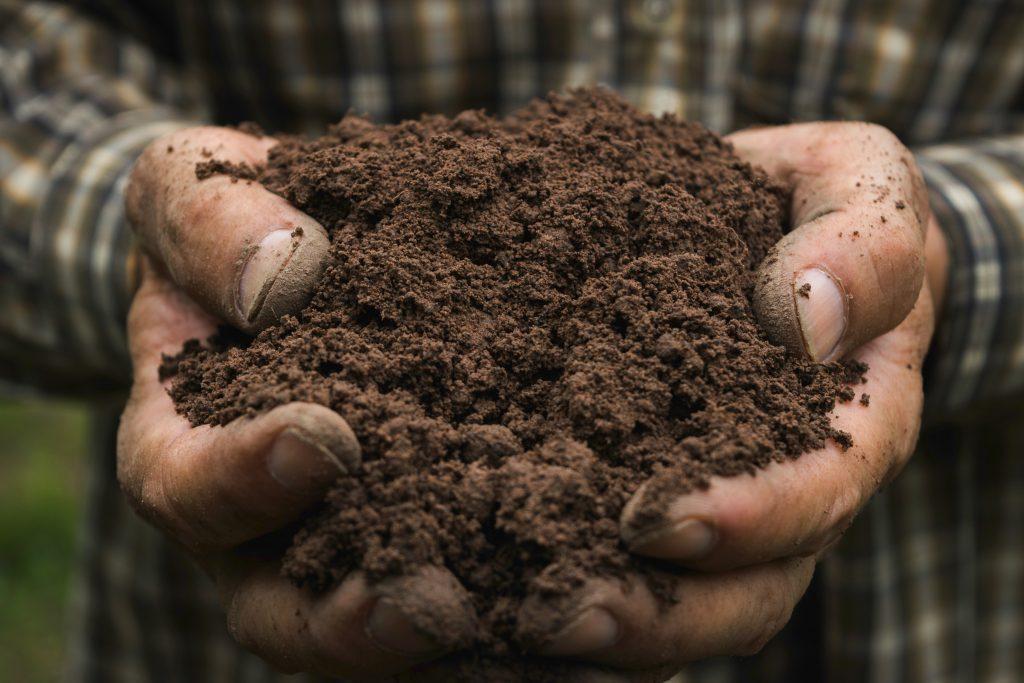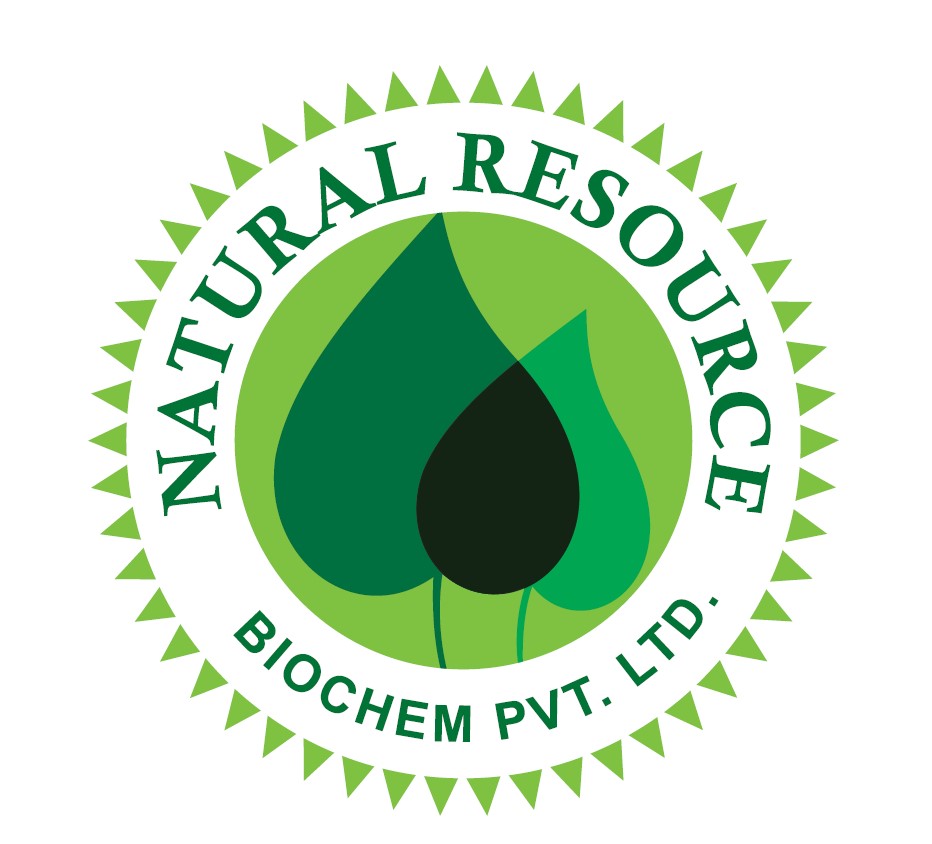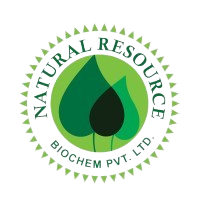Soil Testing

Soil is the top layer of the Earth’s surface, composed of a mixture of minerals, organic matter, water, air, and living organisms. It serves as a medium for plant growth and supports various ecosystems. Soils vary in texture, structure, and composition depending on factors such as climate, parent material, topography, and biological activity. Soil plays crucial roles in agriculture, water filtration, nutrient cycling, carbon storage, and supporting biodiversity. Managing soil health is essential for sustainable land use and ensuring food security.
Below are the texts detailing the tests that are conducted in our laboratory regarding soil.
pH
Electrical Conductivity
Below are the texts detailing the tests that are conducted in our laboratory
pH
Soil pH refers to the measure of acidity or alkalinity of the soil. It is a critical factor influencing nutrient availability, microbial activity, and overall soil health. Different plants have specific pH preferences for optimal growth.
Electrical Conductivity
Soil electrical conductivity (EC) measures its ability to conduct an electrical current. It’s a key indicator of soil salinity and nutrient levels, crucial for agriculture and irrigation management.

